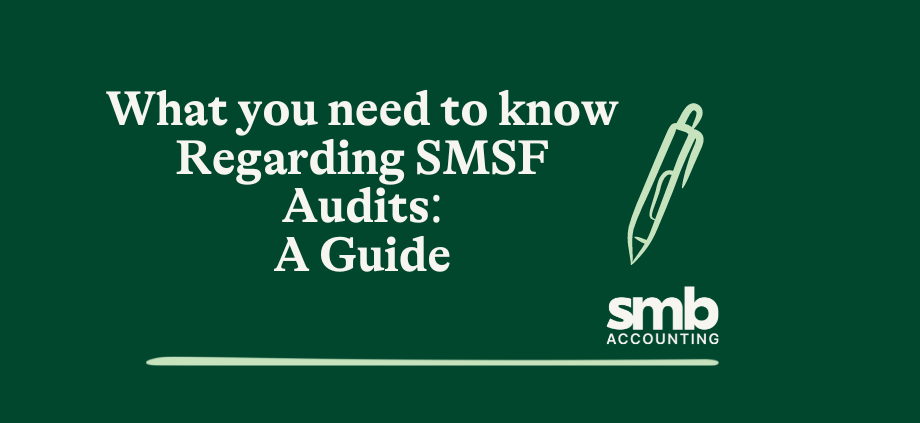What You Need to Know Regarding SMSF Audits: A Guide
During tax season, self-managed superannuation funds (SMSFs) are subject to several financial and compliance checks. SMSFs may qualify for tax breaks on investment income if specific requirements are met.
One of these regulations mandates that an authorised SMSF auditor conduct an annual audit of SMSFs. This article will give a thorough introduction to SMSF auditing.
What Exactly Is an SMSF Audit?
Before submitting annual tax returns, SMSF holders must undergo an annual audit. An ASIC-registered auditor performs an SMSF audit to verify the financial statements’ accuracy and your fund’s compliance with superannuation laws.
The Australian Taxation Office (ATO) mandates an audit even in cases where no contributions or payments were made during the fiscal year. The auditor will provide a letter of engagement outlining the scope of their work during the audit. You have 14 days to respond if more information is needed.
Another excellent way to make sure that there are no mistakes or inaccurate numbers in calculations that could harm your fund is to have them reviewed by a knowledgeable and objective specialist.
Why SMSF Audits Are Necessary
For several reasons, your SMSF must comply with super law. If funds fail to recognise and address compliance problems, the ATO may impose significant financial penalties on them.
Numerous SMSF regulations are additionally intended to safeguard you and ensure that your investments comply with the fund’s definition. You can avoid compliance fines and investment losses by using an audit to help you find strategic flaws in your fund.
According to the ATO, an annual SMSF audit is necessary before submitting a yearly return. A few essential steps must be taken to ensure all deadlines are met. According to the ATO website, you must appoint an SMSF auditor at least 45 days before your annual return is due. You will be subject to financial penalties if you do not file your tax return by the deadline.
What Happens during an SMSF Audit?
SMSF auditors examine an SMSF’s operations for financial and compliance issues as part of their auditing process. According to Australian Auditing Standards, the fund’s financial statements are audited (balance sheet, income statement, and member statement). The compliance audit determines how well the fund complies with all relevant superannuation laws.
Following the conclusion of these financial and compliance audits, an SMSF auditor must complete an independent auditor’s report document provided by the ATO. Within 28 days of the auditor receiving all required documentation, the trustees must receive this report.
SMSF trustees should act quickly to fix any violations with the help of their auditor. A fund’s audited annual return must be submitted to the ATO, and trustees are mandated by law to ensure that all related taxes are paid in full.
Auditors must use a contravention report document provided by the ATO to report any super legislation violations (contraventions) to the ATO within 28 days of their discovery during the compliance audit. Trustees should use the ATO’s SMSF early engagement and voluntary disclosure service if any breaches go unresolved.
The ATO will take the voluntary disclosure of any violations by SMSF trustees into account when determining the range of penalties it may impose after opening its investigation.
Conclusion
By law, trustees of SMSFs must have their funds audited by an independent SMSF auditor to ensure ongoing compliance with Australian super laws. ATO has the power to impose a range of sanctions for noncompliance, depending on the severity of the violation.
SMB Accounting is the firm for you if you are an accounting firm looking for highly efficient and comprehensive audit work. We are one of the leading SMSF audit firms. Our offices complete audits for accountants all over Australia with a guaranteed 24-hour turnaround time. All work is completed in-house, with NO outsourcing.

